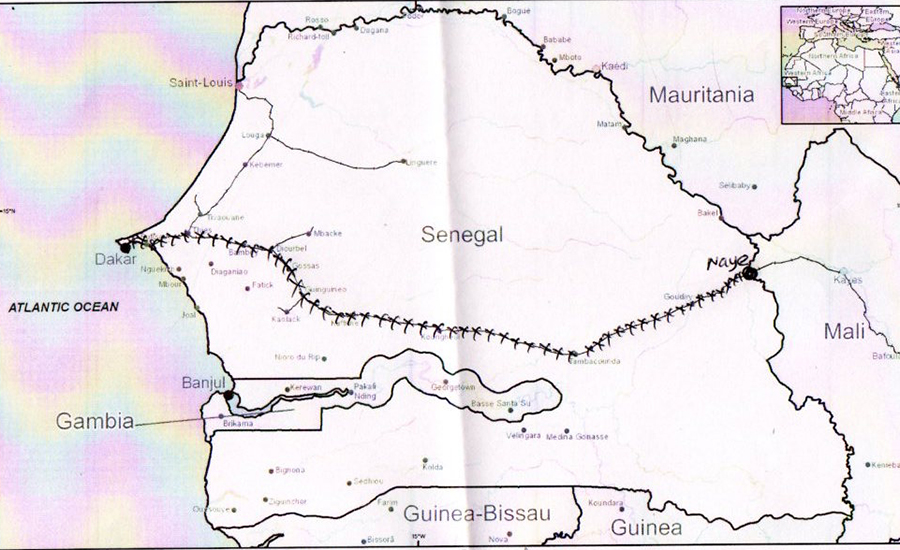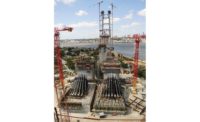Chinese lenders will finance the $2.73-billion repair and upgrade of the 1,286-kilometer Dakar-Bamako metro line to standard-gauge railway standards.
In December, China Railway Construction Corp. (CRCC), a subsidiary of Beijing-based China Railway Construction Corp. Ltd., signed separate contracts with Mali’s National Trucking & Shipping Bureau and Senegal's National Railway Administration for the line linking Senegal and Mali.
In a statement to the Stock Exchange of Hong Kong, CRCC said the $1.26-billion Senegal contract covers 644.6 km, while the $1.47-billion Mali contract covers 641.4 km and the overhaul of 22 railway stations.
“The government of Senegal proposed to discuss the financing for the projects with Chinese financial institutions, and the two parties will enter into specific implementation agreements after the implementation of the financing,” stated CRCC. Senegal has not yet confirmed the status of the financing negotiations or when the talks are likely to be completed.
Senegal's existing railway system is operated by the Transrail consortium, an affiliate of Belgium-based African rail operator Vecturis. Currently, train speeds are limited to only 20 km per hour. However, many train stations are not operational; in some areas, the passenger train service has been suspended.
A project brief describes the reconstructed Dakar-Bamako railroad as having a 50-meter width; a ballasted track set on concrete sleepers, with 1,666 sleepers per km; and, between the top of the platform and the underside of the cross, a nominal ballast thickness of 0.25 m for the main track and 0.15 m for the sidings.
The contractor also will build new structures, such as walkways, protective walls, crossings and river works. In Mali, CRCC will train Malian engineers and technicians for the project. The upgraded rail line will enable passenger trains to cruise at speeds of 120 km per hour and freight trains at 80 km/hour. The upgraded line will allow up to 25 tons per axle.
The railway is significant because it links landlocked Mali to the port of Dakar. Further, the project is associated with two of Africa’s largest planned railway projects: Dakar-Djibouti Rail and the Dakar-Niamey Multimodal Corridor project.





Post a comment to this article
Report Abusive Comment